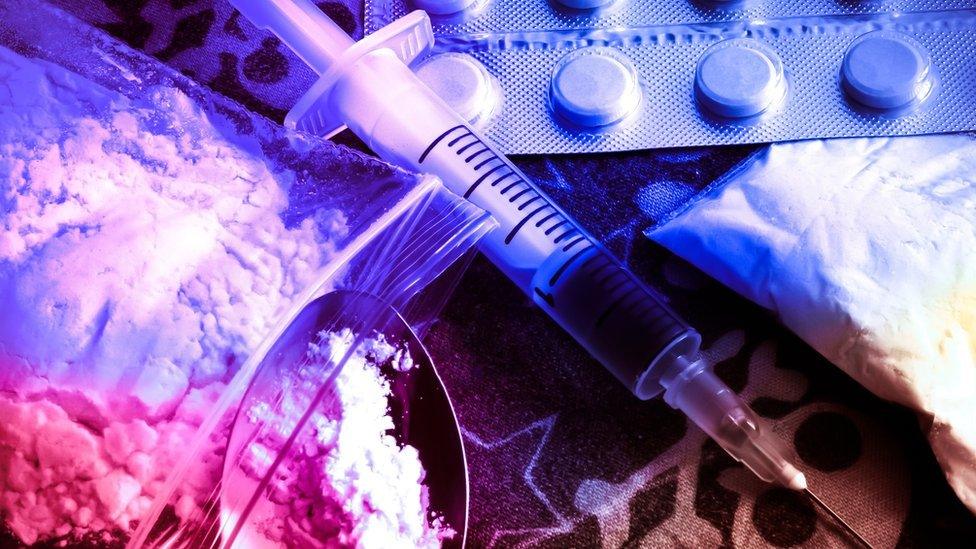£80m for treatment services in drug crackdown
- Published
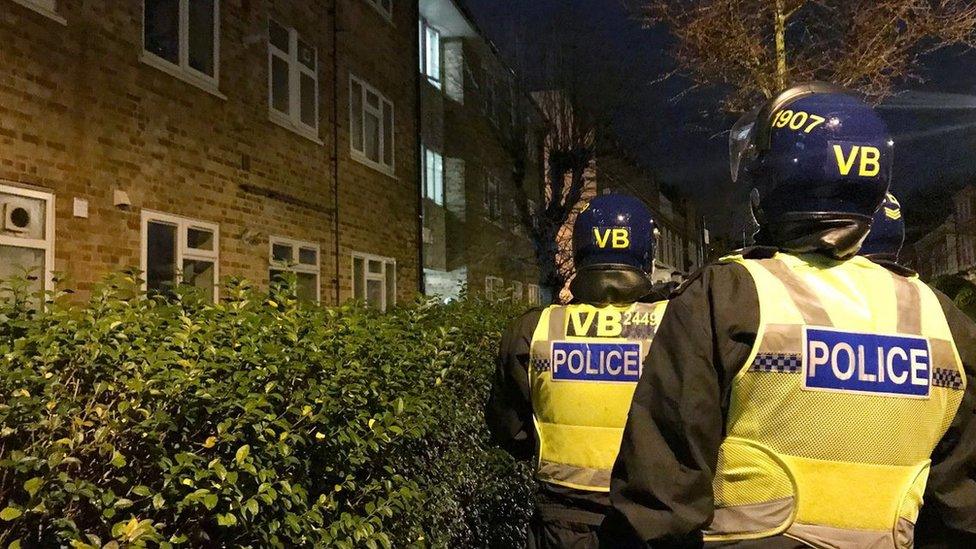
Drug treatment services in England are to receive an extra £80m as part of government's efforts to cut crime.
This will mean more places for people released from prison and criminals handed community sentences.
It comes after warnings last year over government cuts to help for addicts.
A further £40m is being earmarked for law enforcement to target drug gangs including so-called county lines operations in which young and vulnerable people act as couriers.
The investment will also see another £28m put into a three-year pilot project called ADDER - Addiction, Diversion, Disruption, Enforcement and Recovery - which will combine policing with treatment and recovery services.
The funding will see police target dealers, and local councils and health services help people with addictions, in five areas with high rates of drug use - Blackpool, Hastings, Middlesbrough, Norwich and Swansea Bay.
Announcing the £148m package, Home Secretary Priti Patel said: "The government's work to tackle county lines drugs gangs has already resulted in thousands more people being arrested and hundreds more vulnerable people being safeguarded, but we must do more to tackle the underlying drivers behind serious violence."
Health Secretary Matt Hancock added: "Addiction and crime are inextricably linked and to truly break the cycle we must make sure people can access the help they need to get their lives back on track for good."
Ms Patel told BBC Breakfast the government wanted to focus on rehabilitation and treatment for drug addicts as well as law enforcement, saying this was "something we've not been doing enough of".
"We have to do much more to support individuals whose lives have been blighted by years and years of drug abuse," she said.
A Home Office-commissioned review into the drugs trade, external by Prof Dame Carol Black released last February put the total cost to society of illegal drugs at about £20bn a year in England and said treatment services have been curtailed by local government funding cuts.
Dame Carol welcomed the funding, saying: "Drug treatment has a vital role to play in helping people to come off drugs and thereby reduce crime, from minor acquisitive crime right through to homicide."
- Published15 October 2020
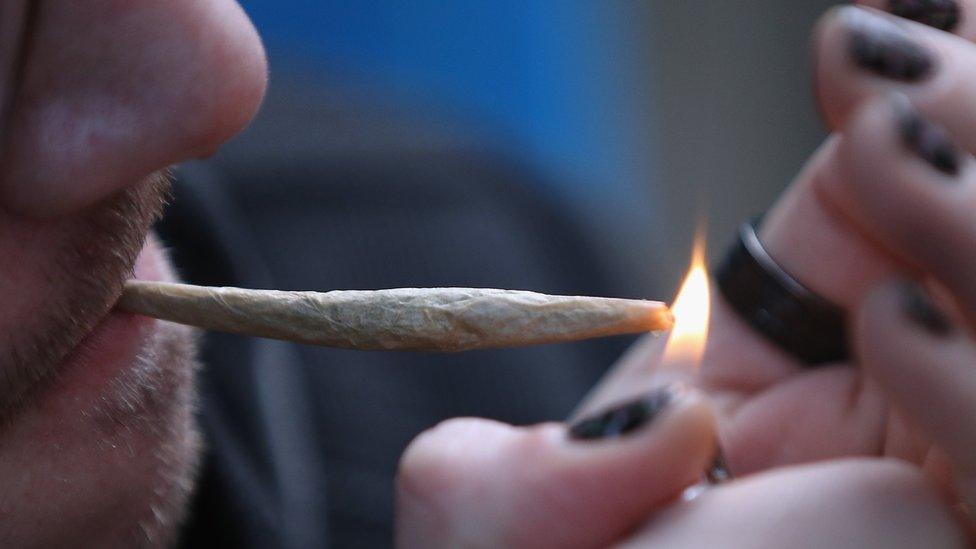
- Published14 October 2020
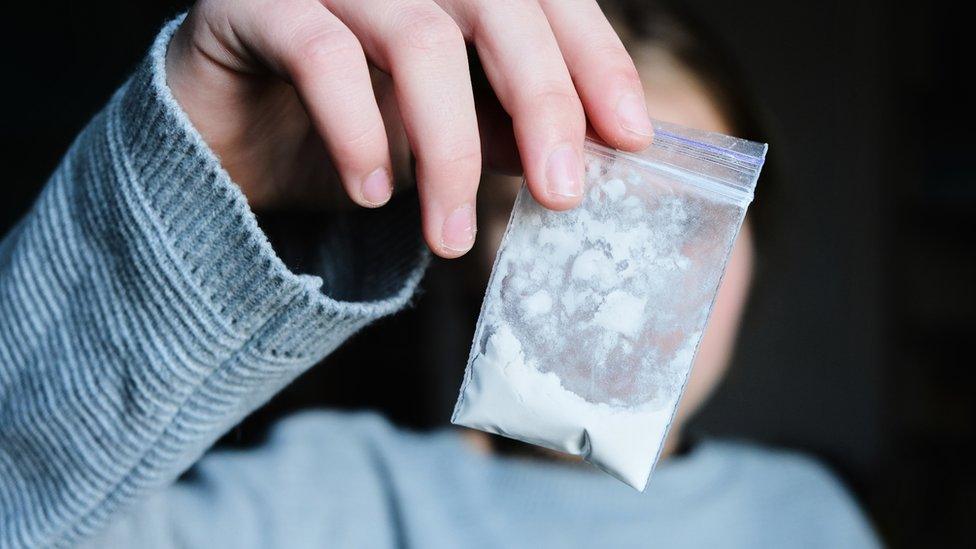
- Published2 June 2020
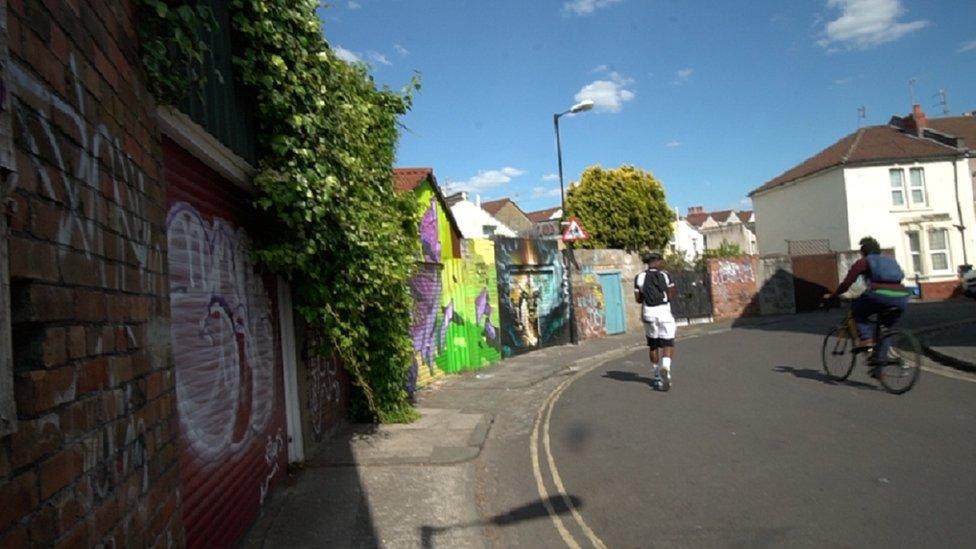
- Published27 February 2020
